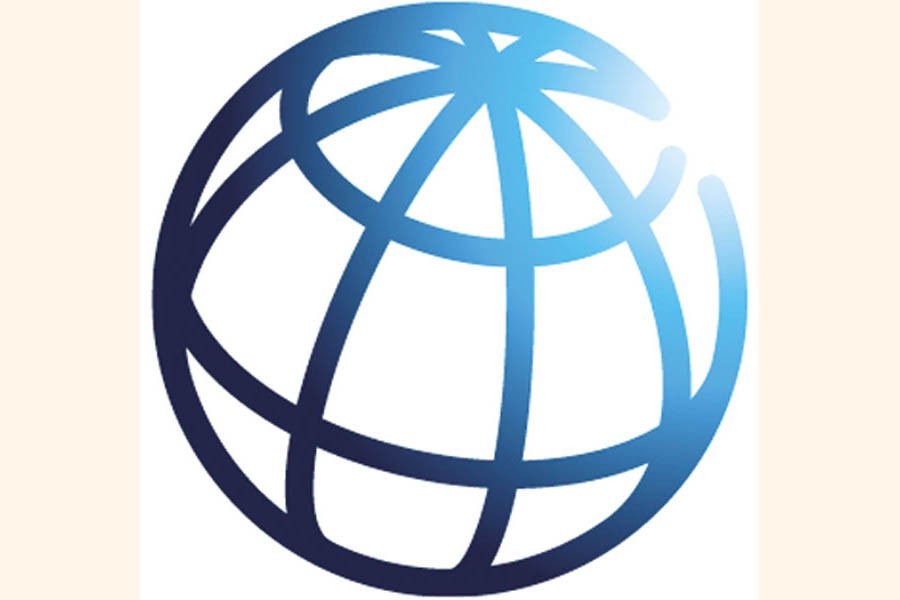As Bangladesh marches toward upper-middle-income country (UMIC) status, the World Bank gets down to preparing a five-year Country Partnership Framework (CPF) to facilitate its development, officials say.
The CPF will be a strategy paper which will help Bangladesh overcome challenges through getting support to its priority areas from the Washington-based development financier.
They say the WB has already identified four challenges for the country on the way to a UMIC while framing the CPF.
Narrow-based and non-competitive private sector, inefficient, unsustainable and less-inclusive pattern of spatial transformation, climate and environmental vulnerabilities that pose serious risks to sustainable growth and poverty reduction, and weak institutions and markets that pose significant challenges to job creation and service delivery are the challenges.
The upcoming CPF will be implemented from the fiscal year (FY) 2022-23 to FY2027-the prime time in the process of Bangladesh's graduation from the LDC status.
"We are on the consultation stage for preparing the CPF. The partnership framework will be finalised shortly," says Mehrin A Mahbub, the WB spokesperson in Dhaka office.
She says the CPF will identify Bangladesh's development needs which are reflected in its 8th five-year plan.
The WB is discussing with different government and non-government organizations the issues of framing the CPF, a senior Economic Relations Division (ERD) official told the FE Friday.
The bank already prepared the Systematic Country Diagnostic (SCD) last year (2021) where some challenges facing Bangladesh are identified for its development, he added.
The SCD identifies eight priorities to tackle these four frontier challenges and support the country's transition to UMIC status.
The priorities are: (a) inclusive and resilient human capital development (b) productive and sustainable management of natural capital (c) effective and efficient public institutions (d) macroeconomic and financial-sector stability (e) competitive and diversified markets (f) skills development and technology adoption (g) closing infrastructure gap and (h) private-sector financing for development.
Evidence-based decisions will also require closing important data and knowledge gaps.
An additional secretary at the ERD told the FE that since Bangladesh wants to be a UMIC by 2031, the WB fixed challenges toward the development and its solutions.
"We hope the upcoming CPF will help Bangladesh to overcome the challenges. At the same time, we hope the WB will support our development priorities with adequate financial supports," he added.
The last 5-year CPF was framed for the FY2016 to FY2020 aligning the priorities of the 6th FYP of Bangladesh.
The World Bank has so far in 2022 made commitment for providing $1.41 billion.
Besides, it committed $2.33 billion in the last calendar year 2021, some $2.26 billion in 2020 and $2.24 billion in 2019, WB statistics show.


